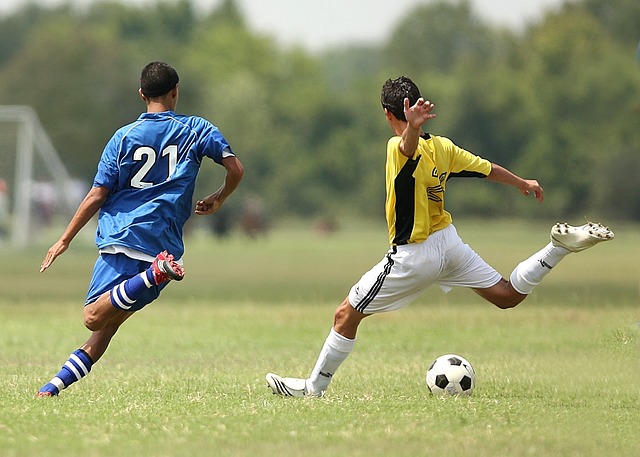In gambling, one of the most powerful—and underrated—skills a player can master is knowing when to walk away. Whether you’re on a winning streak or chasing losses, the ability to step back at the right moment is what separates disciplined players from those who let emotions control their bankroll.
Understanding your limits isn’t just about how much money you’re willing to risk—it’s about time, mindset, and self-awareness. In this article, we’ll explore why knowing when to quit is essential, how to set personal boundaries, and the red flags that signal it’s time to walk away.
The Psychology Behind Walking Away
Gambling triggers powerful emotional responses. Wins can feel euphoric, while losses can stir frustration or desperation. These emotions are precisely what can lead players to override logic, ignore pre-set limits, and chase the next high—or recovery bet.
This is known as the “tilt” effect—a state of emotional disruption that clouds judgment. When on tilt, you’re more likely to:
- Bet more than you intended
- Abandon strategy or discipline
- Take risks that don’t align with your usual habits
Walking away is the counteraction to tilt. It allows you to regain control, reset your thinking, and preserve both bankroll and mental well-being.
Signs It’s Time to Step Away
There’s no shame in calling it a day. In fact, some of the most successful gamblers live by this rule. Here are key signs you should stop playing:
1. You’ve Hit Your Loss Limit
If you set a budget and reached it—walk away. Doubling down rarely works and often leads to regret.
2. You’re No Longer Enjoying the Game
Gambling should be fun. If frustration or anger replaces enjoyment, it’s time to take a break.
3. You’re Playing Just to Recover Losses
Chasing losses is one of the fastest ways to dig a deeper hole. Recognize this urge and stop before it grows.
4. You’ve Been Playing Too Long
Extended sessions can impair decision-making. Use time limits or alarms to avoid mental fatigue and overstaying at the tables.
5. You’re Ignoring Outside Responsibilities
If you’re missing appointments, avoiding messages, or skipping meals to gamble—it’s time to walk away and recalibrate.
Setting Personal Limits Before You Play

The best way to walk away is to plan for it before you start playing. This puts guardrails in place to protect you from impulsive behavior.
Key limits to define:
- Loss limit – The maximum amount you’re willing to lose in a session.
- Win limit – A profit goal where you’ll cash out and leave.
- Time limit – A strict session length to prevent fatigue.
- Session count – How many times you’ll play per day/week.
Most online casinos also offer responsible gambling tools that let you set limits within the platform. Take advantage of them—they’re designed to help.
Creating a Walk-Away Routine
Just like a workout cooldown, a consistent walk-away routine helps build mental discipline.
Try this:
- Review your session performance (win or lose)
- Log your play in a spreadsheet or app
- Reflect briefly on how you feel—calm? Frustrated? Satisfied?
- Step away with intention—take a walk, hydrate, or switch activities
The goal is to detach emotionally, so your next session begins with a clear head and rational focus.
Long-Term Benefits of Knowing Your Limits

Regularly walking away with control has several long-term advantages:
- Preserves your bankroll over time
- Prevents emotional burnout or addiction cycles
- Builds confidence and discipline
- Turns gambling into a healthy, recreational habit—not a compulsion
- Increases your ability to make strategic decisions consistently
Professional bettors don’t win every day—but they manage their losses and mindset better than most.
Final Thoughts: Control Is the Real Win
The ability to walk away—win or lose—is a sign of maturity in gambling. It’s not about giving up; it’s about knowing that there’s always another hand, another game, another day. What’s limited is your emotional capital, time, and money—resources you need to manage wisely.
By knowing your limits and respecting them, you give yourself the best chance to enjoy gambling for what it is: an exciting, controlled form of entertainment—not a lifestyle of risk.
